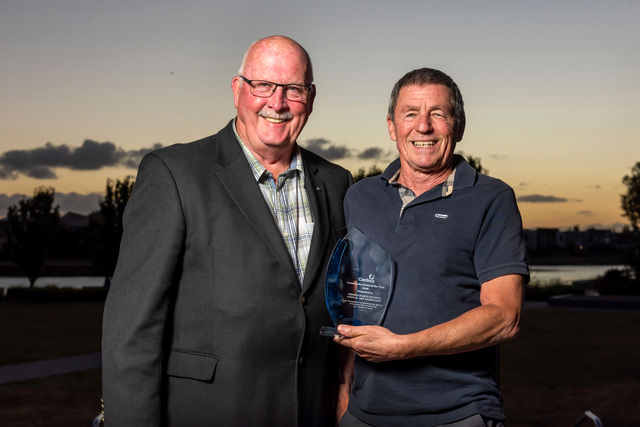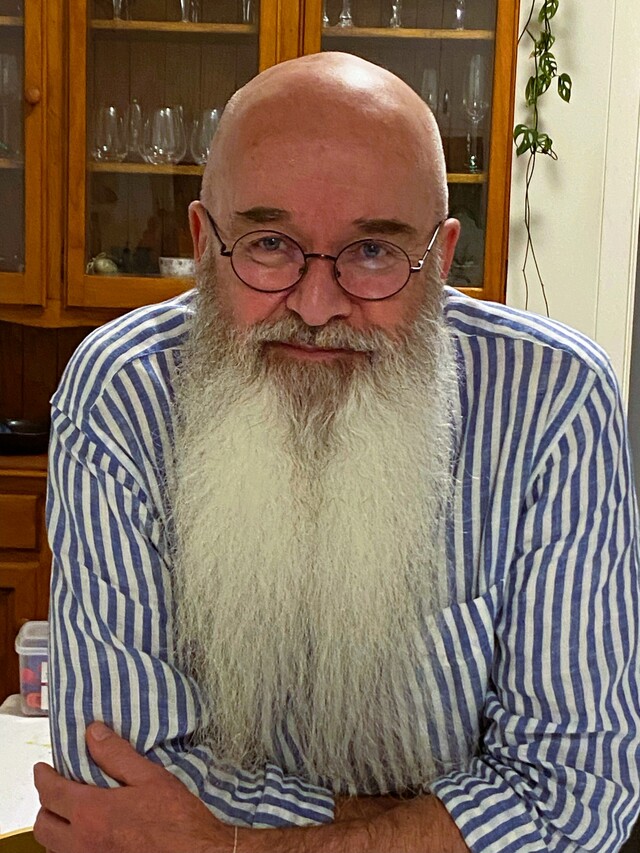A review of On the Rough Waves of Life by Mieczyslaw Drelich
On May 8, 2021, Hobart-based ABC journalist Rachel Edwards reported on a son’s hardwork to bring his father’s life story to the anglophone readers.
“[My father] said that he wanted people in 200 years’ time to know where the name Drelich came from in Tasmania,” said Leszek, who spent more than 20 years translating his father Mieczyslaw Drelich’s memoir from Polish to English.
The translation process had been highly challenging because Leszek could read very little Polish at the start of the project in 1996. Yet he persevered.
“I thought if I don’t do it [then] my children and my grandchildren will not be able to read my father’s story. It will disappear,” said Leszek.
Published by the Polish Museum and Archives in Australia in 2021, On the Rough Waves of Life (originally published in 1995 as Na wzburzonych falach zycia) tells the fascinating true story of one of the renowned Rats of Tobruk.
The translation reveals Mieczyslaw (1918-2012) as a charismatic character who had always wanted to wear the uniform of Poland. Having joined the army in 1937, he was forced to flee to Romania when the Germans invaded Poland in 1939.
When the Polish Independent Carpathian Rifle Brigade was established in 1940 in French Syria, Mieczyslaw joined many other exiled Polish soldiers in Alexandria before landing in Palestine to fight along the British forces.
In July 1941, Mieczyslaw found himself in Tobruk In his words, as translated by Leszek:“Despite the fact that I spent one hundred and sixteen days and nights there, I had no idea about the surroundings or landscape, because we landed in Tobruk during a moonless night, and the patrolling and reconnaissance escapades took place in total darkness. What then could a man see?”
“During the day we sat tight behind rocks or slept in our dug-outs after sleepless nights, carefully avoiding sticking out our heads or even moving around in the trenches. Otherwise one risked copping a stray bullet or a chip of artillery shell which were constantly exploding around us at random times and places.”
To make a long and amazing story brief, after Tobruk, Mieczyslaw fought in the Italian Campaign and was later stationed in England. Then, thanks to the Rats of Tobruk Association in Australia, he was among about 300 Polish “Rats” invited to make a new life in Australia.
The translation sheds light on Mieczyslaw’s settlement in Tasmania in 1947, where he worked on the state’s hydroelectricity scheme. In 1949 he married Marysia, a Polish woman whose whole family were sent to Siberia in cattle trucks by Russian soldiers and who had been living as a refugee in London after the war ended.
In short, Mieczyslaw Drelich’s fierce love for his country and fellow countrymen is truly admirable. A pillar of the Polish community in Tasmania, Mieczyslaw had an endearing sense of humour and his son Leszek’s translation very much captured the man’s lively spirit. The book well illustrates the courage, resilience and triumphs of Australia’s Polish migrants.
















